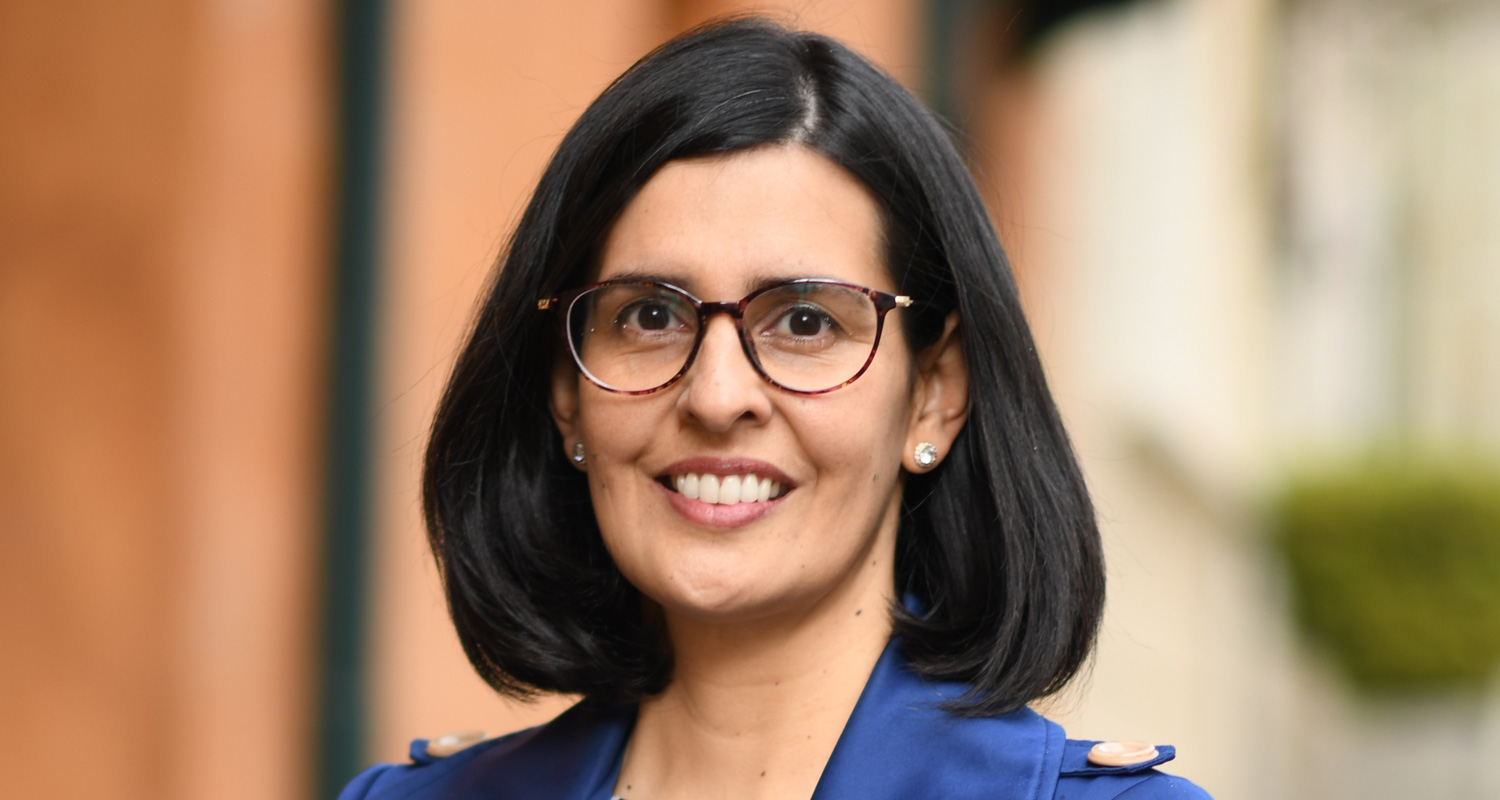The current approach to spectrum licensing by telecommunications regulators, where each licensee gets exclusive access to specific bands of spectrum in exchange for large pots of money, may soon be a thing of the past.
Speaking at the Wireless Access Providers’ Association’s Wapaloza conference in Johannesburg on Monday, Dean Bubley, the founder of telecoms advisory firm Disruptive Analysis, said spectrum sharing – which already exists in licence-exempt bands – may soon become the default licensing mechanism.
“There is more demand than there is supply of spectrum, which means sharing is going to become more important,” Bubley told conference attendees. “The idea of exclusive licences, or new licences for MNOs (mobile network operators), is getting towards the end of the road. We’re on the road to 6G, and 6G is going to be ‘sharing native’.”
According to Bubley, the number of use cases for spectrum is surging while available spectrum remains limited by the rigid constraints of physics. Adding to the regulatory headache is that spectrum owned by a licensee is sometimes not used, or not used to its full potential and in all geographic areas. In such cases, a dynamic spectrum-sharing model makes it possible to share this resource with other spectrum users.
A good example of this is television white-spaces spectrum, where the gaps – the so-called guard bands – between TV channels can be put to use by wireless internet providers.
TV white spaces was Icasa’s first foray into exploring how dynamic spectrum sharing could be implemented in South Africa. Icasa commissioned a reference geolocation spectrum database from the CSIR in an effort to prevent interference between broadcasters and internet access providers sharing frequencies.
Leader in Africa
Icasa has since moved onto other applications for spectrum sharing, particularly in the 3.8-4.2GHz frequency range, where there is a growing need for satellite operators, fixed-wireless access providers and the South African National Defence Force to share spectrum.
According to Martha Suarez, president of the Dynamic Spectrum Alliance – she spoke at the Wapa conference – Icasa’s experiments have positioned South Africa as a leader in spectrum-sharing regulations in Africa.
However, despite the growing importance of spectrum sharing, Suarez said other approaches to spectrum licensing remain important. “Depending on how the regulations are established, you get different types of solutions and ecosystems,” Suarez said in an interview with TechCentral.
Read: What to expect at Icasa’s next big spectrum sale
“When you give a licence for exclusive use for a certain period of time, you get large investments made by a small number of players. We have seen how mobile operators have been able to advance connectivity by developing infrastructure using this licensing framework,” she explained.
“In the case of licence-exempt spectrum, you have a larger ecosystem, so you could have smaller investments from smaller players, but really wonderful work in terms of innovation, start-ups and new solutions.”

Suarez said the sharing of licence-exempt spectrum, where any party that adheres to the rules of how that spectrum is shared can use it, has led to the development of important wireless technologies such as Bluetooth, Wi-Fi and the internet of things. Between exclusive licensing and licence-exempt services are a range of applications that are not completely licensed and not completely exempt.
“This is where sharing is important because, in the exclusive licence model, if the licensee does not invest, you get no connectivity,” Suarez said.
Of course, exclusive licences – often made available through spectrum auctions – tend to generate large sums of money for the fiscus; other models do not.
In its 2022 spectrum auction, Icasa raised more than R14-billion for the fiscus from Vodacom, MTN, Telkom Mobile, Rain and Liquid Intelligent Technologies. According to Suarez, spectrum-sharing models do not have the same upfront financial benefit to governments, but they tend to have larger social and economic impacts down the line.
“It is commonly accepted that spectrum is a public resource that is managed by government or by regulators to make the most efficient use of it. We had a time – one that now is passing – where spectrum was seen as a source of income,” said Suarez.
“Mobile network operators and, in general, different types of users of the spectrum, recognise that it’s hard to achieve the policy goals of digital inclusion if spectrum, a public resource, is seen as a source of income.” – © 2025 NewsCentral Media
Get breaking news from TechCentral on WhatsApp. Sign up here.

